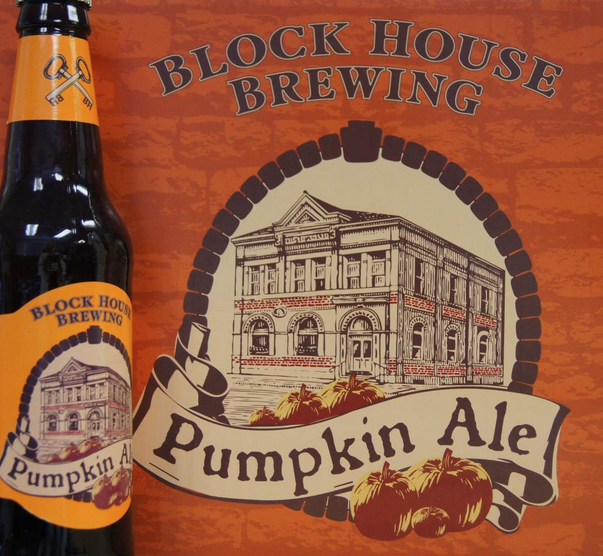
The 153-year old Pittsburgh Brewing Company, which currently produces six different premium lager and light lager brands, is rolling out its first craft offering under a new label: Block House Brewing.
“Although it is the smallest segment in the business, we wanted to stay relevant to our consumers,” said Pittsburgh Brewing CEO Brian Walsh. “With our core consumers, we are seeing that they switch styles during the night. They are drinking a significant amount of craft beer and, at the end of the night, switching to IC Light.”
But instead of introducing a more traditional craft offering such as a pale ale or IPA, Walsh — the former Long Trail Brewing executive who was tapped as Pittsburgh’s new leader last July — said he opted to take a seasonal approach with Block House and is leading with a pumpkin ale.
“This gives us the opportunity to create beers that meet the different times of the year,” he said. “We have chosen to take a seasonal approach because we other brands in the portfolio to run as well and we thought this was a prudent way to go forward.”
Pittsburgh Brewing isn’t entirely unfamiliar with craft, however. Before it started manufacturing its beer under contract at City Brewing in Latrobe, Penn., Pittsburgh Brewing was actually responsible for producing a variety of Boston Beer Company offerings, Walsh said.
“We were the original contract packers for Samuel Adams and our brew master has history and experience making these types of beers,” he said.
Pittsburgh brewed a “conservative” amount of the pumpkin ale and pre-sold 500 barrels as somewhat of a test drive, Walsh said.
“We will get some learning’s from this and then decide if we come out with a year-round,” he said.
In Pennsylvania, Block House Brewing Pumpkin Ale will be priced at about $29.00 per case, Walsh said. In Ohio and West Virginia, the new beer will be priced at $8.99 per six-pack, wedged above the company’s domestic premium offerings but below many mainstream craft beers.
Nevertheless, the company’s foray into the craft beer segment comes at a time when many major domestic premium lager brands like Budweiser as well light lager brands like Coors Light are struggling.
According to IRI, a Chicago-based market research firm, volume sales of Budweiser and Coors Light in supermarkets are down 2 percent and 1.9 percent, respectively, through July 13.
While specific market data was not available, Walsh said Pittsburgh’s core brands — Iron City Beer and IC Light — are currently “outpacing” the domestic premium segment, volume sales for which are down 1.2 percent in IRI-tracked supermarkets.
“We are a local brand that has had an iconic image for a long time,” he said. “It resonates with people who know that western Pennsylvania has a rich tradition of brewing history. We know what we want to be when we grow up and that is a strong, regional brand that is tied into the local marketplace of Western Pennsylvania.”
As a result of the increased sales and marketing efforts — which also includes a partnership with the Pittsburgh Pirates — the company is currently on pace to produce upwards of 95,000 barrels in 2014, Walsh said. Over time, he sees craft beer growing to become 10-15 percent of the company’s overall sales.
Three additional seasonal beers, including a wintertime double chocolate bock, are also planned.
